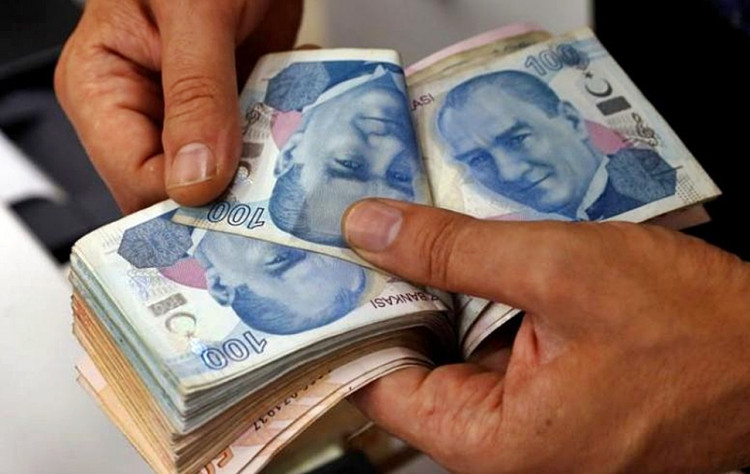The Central Bank of the Republic of Turkey (TCMB) under Governor Murat Çetinkaya yesterday increased interest rates to an astounding 24% in a frantic bid to rein-in surging inflation and prevent a crippling currency crisis from spreading out of control.
The unexpected magnitude of the massive jump from the previous rate of 17.5% seems to have been forced on TCMB by weeks of pressure from nervous international investors fretting over the dismal state of the economy, and the pervasive weakness of the Turkish lira.
Analysts said Turkey is on the road to becoming a failed economy and begging succor from the International Monetary Fund (IMF), the lender of last resort for countries confronting life-or-death financial crises.
TCMB's decision is being praised for its bravery as it brushed aside calls for restraint from president Recep Tayyip Erdoğan. The Turkish strongman is an avowed enemy of high-interest rates, which he considers a detriment to economic growth. He's always maintained interest rates should be cut and has derided high-interest rates as an "instrument for exploitation."
Erdoğan has long been pressuring TCMB to keep interest rates low to allegedly boost economic growth. GDP growth, however, decelerated to an annual rate of 5.2 percent in the second quarter from 7.4 percent in the first despite low interest rates.
The lira began to recover immediately after the rate hike, strengthening by three percent to 6.16 against the dollar. The lira's slight improvement is welcome relief from months of weakening, but even after Thursday's rise, the lira was down almost 39 percent against the dollar this year.
Inflation is another intractable problem and it soared this month to a 15-year high of almost 18 percent.
In a statement, TCMB's monetary policy committee said Turkey's economy was weakening while inflation was rising, hence the reason for its action. It admitted, however, that the rate hike might crimp growth further. It said it will continue to use all available instruments in pursuit of the price stability objective.
The committee emphasized it will decisively maintain its stance in monetary policy until the inflation outlook displays a significant improvement.
Independent experts say the rate hike is desperately needed to contain rising inflation of about 18% and to buttress the lira.
They noted that higher interest rates might help halt Turkey's upcoming debt crisis. The higher rates should help stabilize the lira by attracting foreign investments while slowing down price growth and inflation.
The downside to higher rates is that these will boost local borrowing costs and crimp domestic demand. A slowdown in economic growth might be the result.





